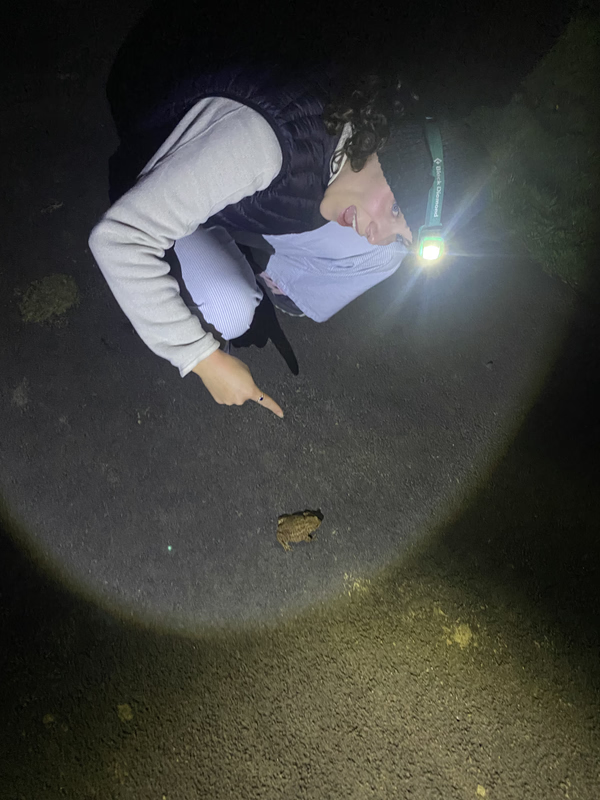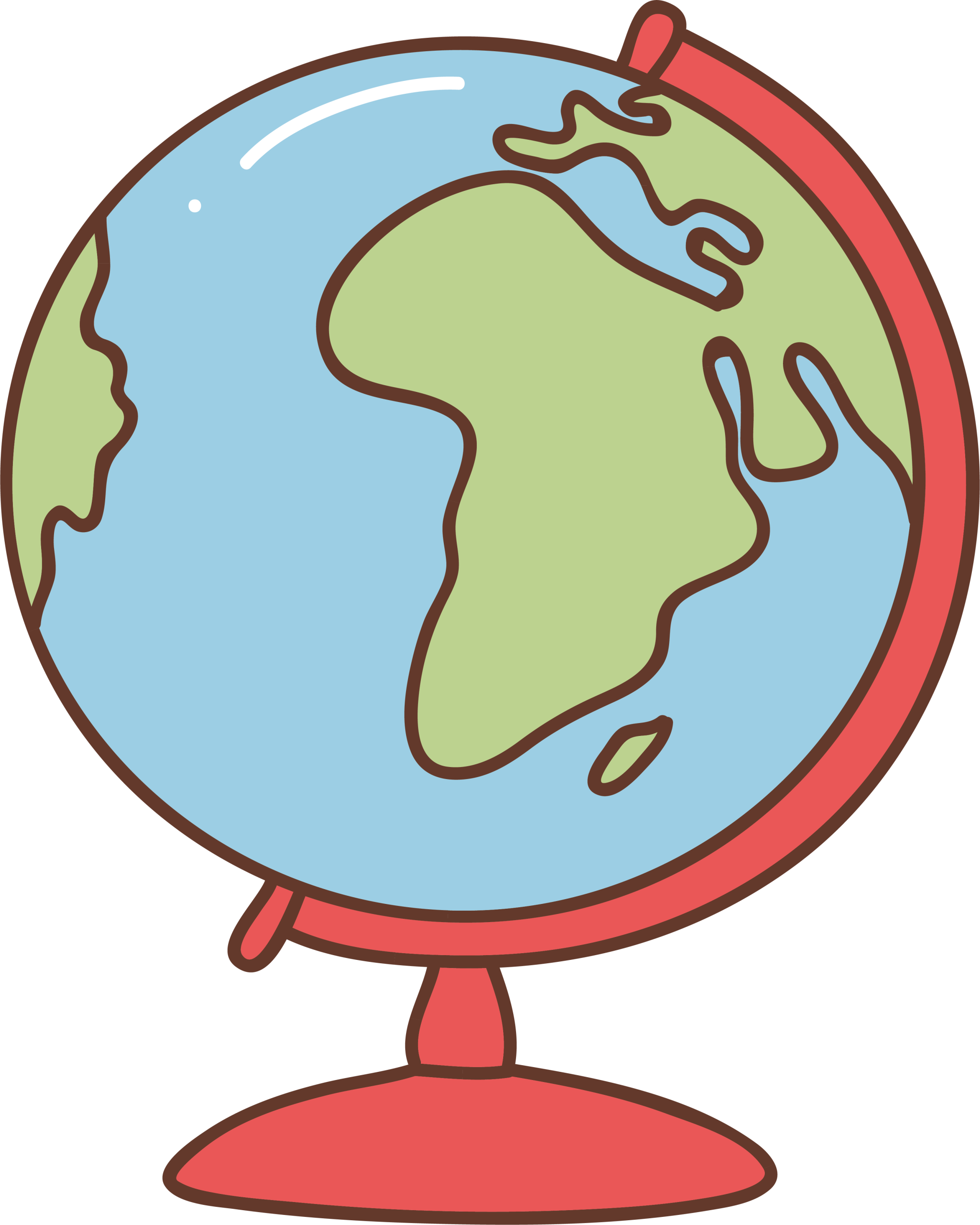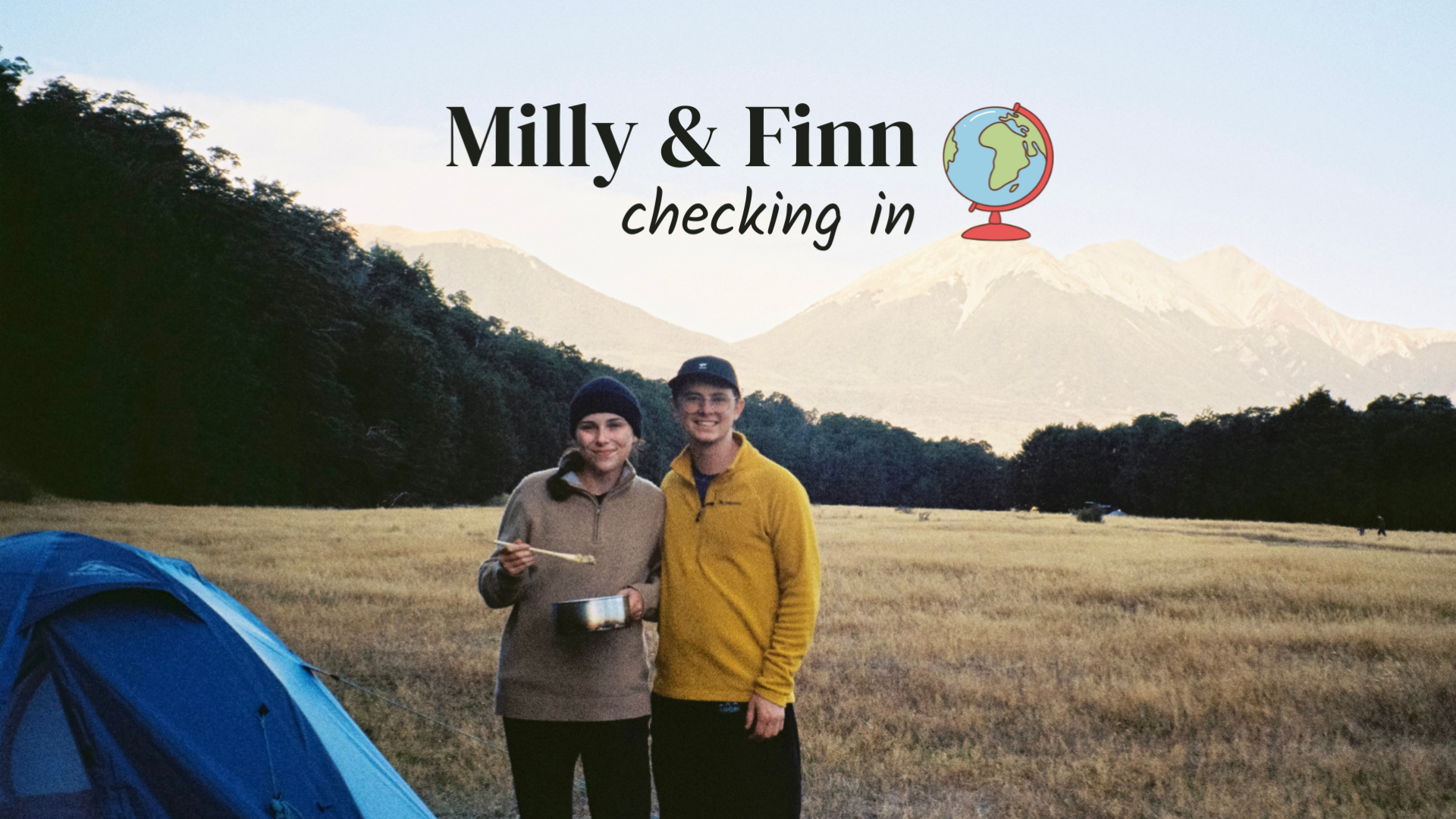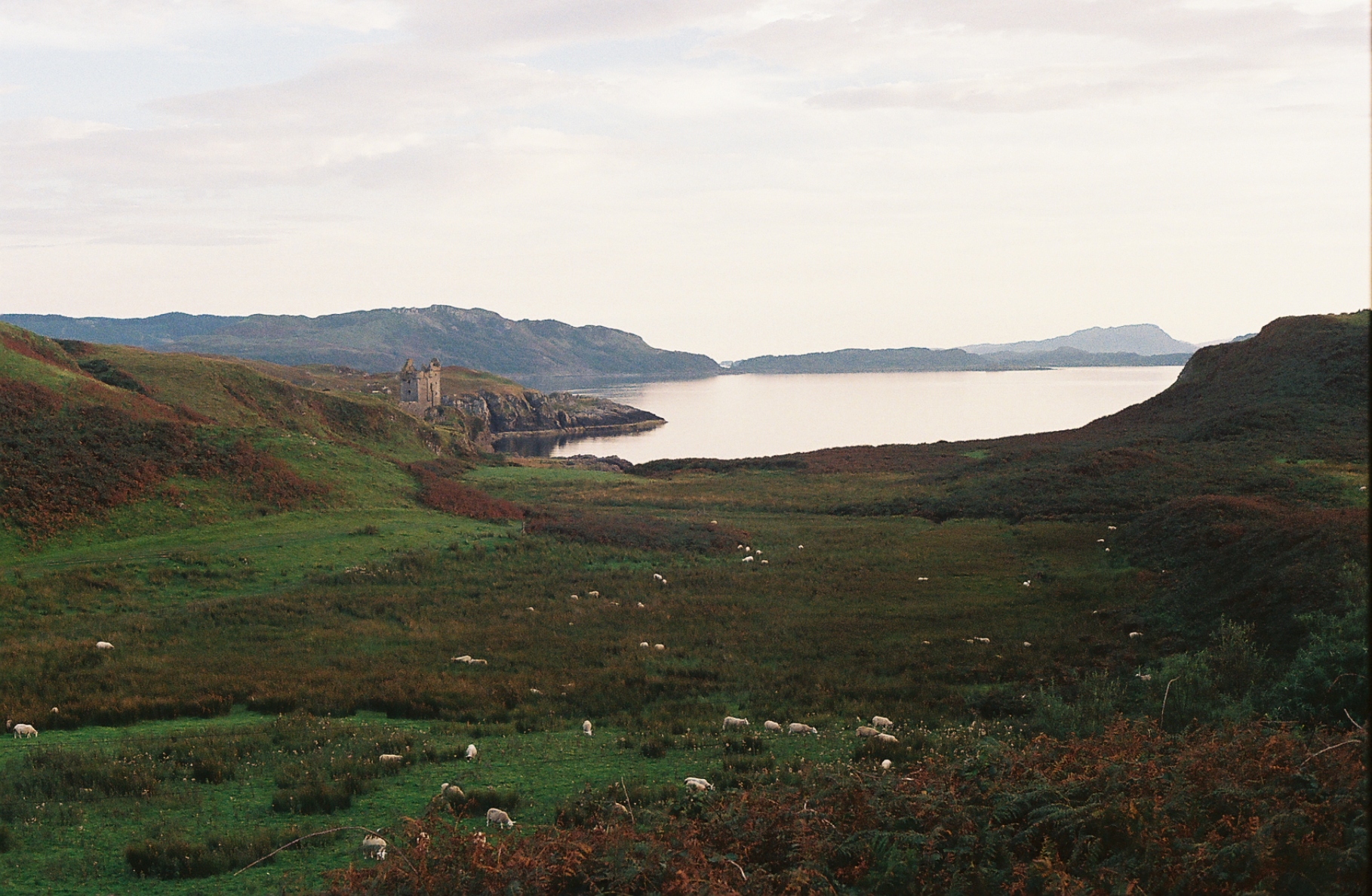Imagine you’re shacked up on a rainy, windswept Scottish island for a few months. Your days are spent working a cafe, roaming the hills, fishing off the rocks and looking for mysterious creatures. But when it gets dark, and you’ve had your evening meal what’s there to do? The beaches get dangerous, the closest pub is miles away, and creature hunting feels a bit too spooky in the dark. The answer is to gather your compatriots and indulge in a drug-free collaborative hallucination, otherwise known as a game of Dungeons & Dragons. To the layman, this probably conjures images of a bunch of nerds sitting around a table and rolling weird shaped dice. Won’t even lie this is a little bit true, but there’s so much more to it, plus there’s a lot of travelling wisdom to be had in these games (and a whole heap of fun too). So indulge me as I geek out a bit, tell the tale of our fantasmical campaign of Thorts in the North, and how the lessons our daring heroes learned relates to our time on the Isle of Kerrera and travelling in general.
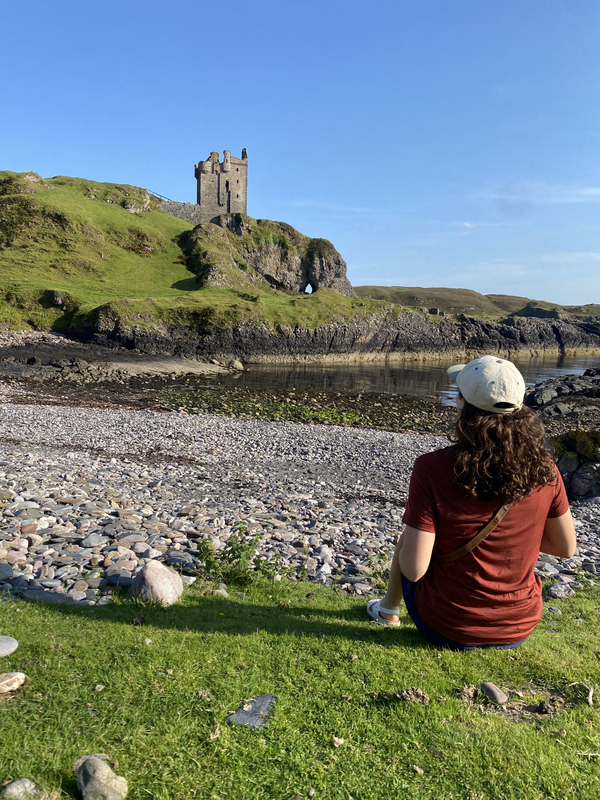
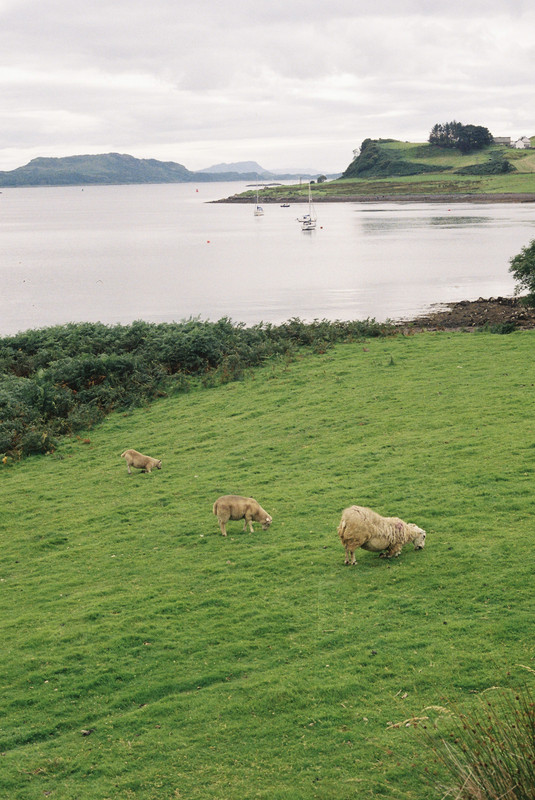
Lesson 1 – Assemble the Perfect Team
Just like life, D&D could technically be played with a single adventurer, but it’s a heck of a lot more fun with friends. You’re gonna come across monsters to fights, puzzles to solve and interactions that take just a bit of suaveness to get through. To maximise your experience, ideally you assemble a team of characters with skills and capabilities that support and complement each other. In D&D, you’re spoiled for choice. For folk who don’t like to complicate things you’ve got the fighter and barbarian bash and whackers. Perhaps you’re more into a sneaky, smooth-talking rogue or bard. Of course the whole point of a fantasy game is indulge in some fantasy so maybe a magical cleric or druid is your speed, and sometimes some problems are just best solved with a huge fireball from a wizard or sorceror. The list goes on. But each archetype lacks capacity in one area of another, and the real fun is when you put together the dream team to cover all your bases. Pub quiz team analogy, if everyone is the bomb at geography, who’s gonna pick up the slack in the music round?
So to introduce you to our cast of highly powered and lowly qualified characters we have:
Gladys the elderly human Monk. A magical hip transplant from a questionably friendly doctor gave this granny a new kung fu lease on life, and after untangling some loose threads in her past she’s here to give some baddies a walloping.
Next up is Agatha the Big, your home town giant Barbarian. Simple and solid, Agi’s three favourite things are protecting her little sister Agatha the Small, and using large weapons to brain enemies. Though she’s not in it for the fame or glory, she just wants to go home and live her quiet life with her sis.
Finally we have Damon Beaumont Alexander III, or Damon the Demon. A tiefling (that’s half human half devil for you non nerds) warlock, Damo has cruised through life on a trust fund of magic powers handed out by his great great grand daddy (who happens to be the arch demon overlord of hell) and a trusty little dragon pal called Scramps. But at some point maybe being a dumb jock gets dull and he decides he could perhaps be a bit… more.
This team? Killer. You’ve got the charismatic chatterboxes, the thoughtful pacifists and the heavies to back them up when everything turns to custard. And playing this game really highlighted how real life could not be more alike. The reason we’ve had such a good time on Kerrera, and travelling in general, is the diversity of friends we’ve cobbled around us.
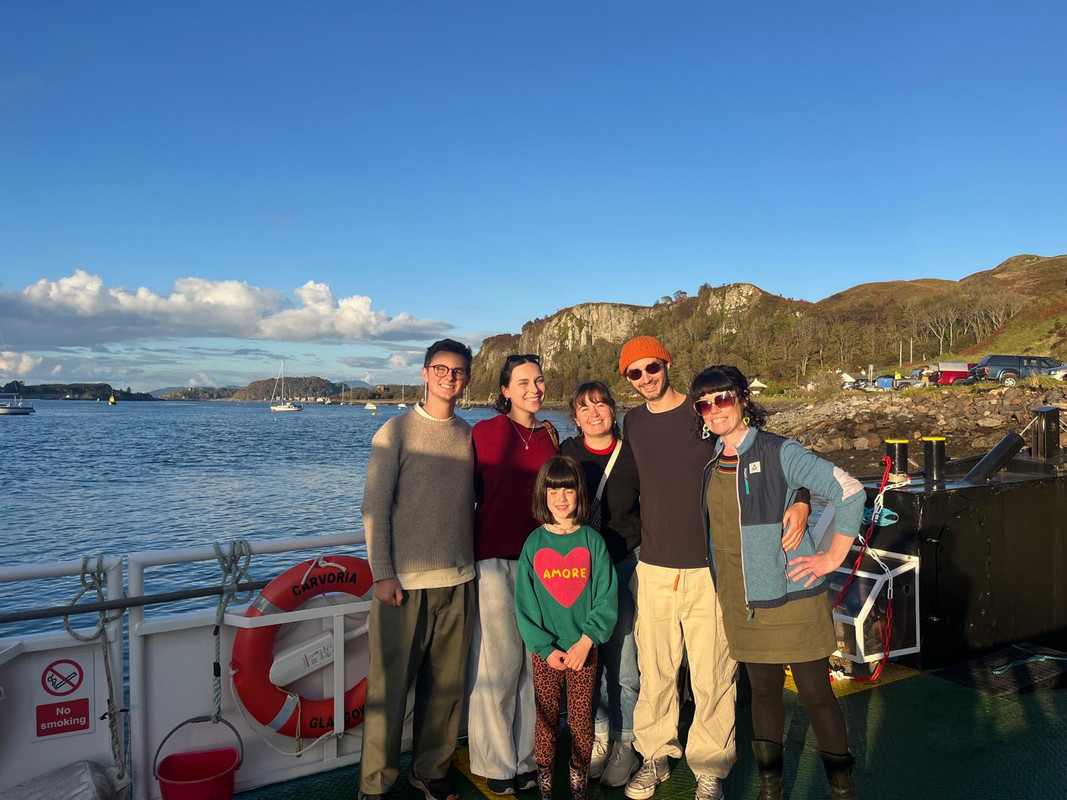
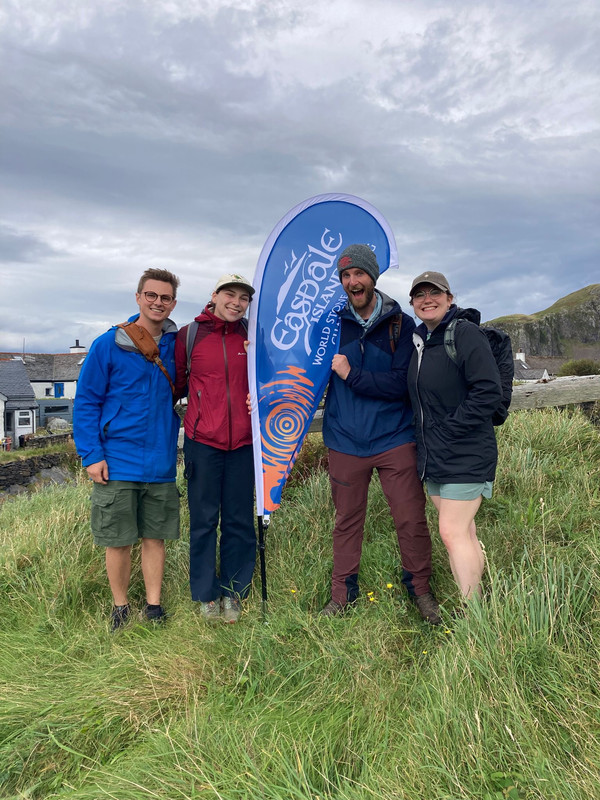
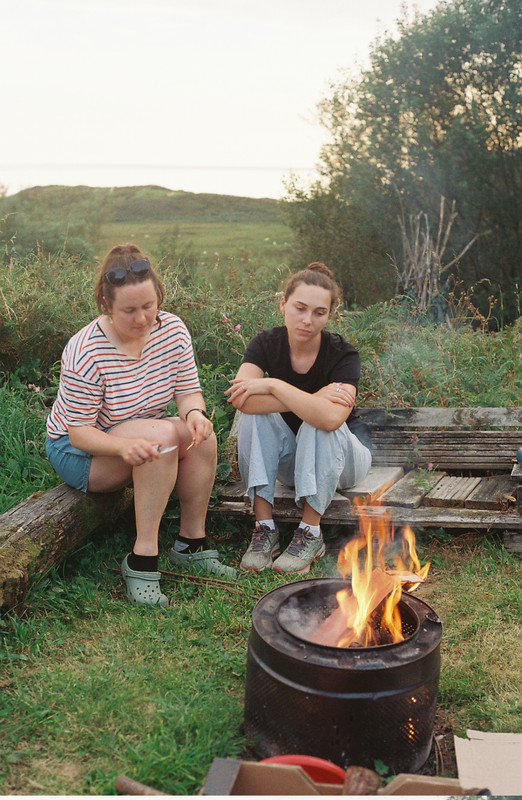
I mean not that it was the toughest job in the world, but working the tea house on the island could get hard at times. Sometimes we’d be having a shocker of a day, and having someone super comfortable to yarn to the customers would be a lifesaver. Having someone who was locked in on the tomato soup recipe bust a batch of soup out during the rush, while someone else jams out on the weed whacker outside to get the chores done before closing time. And it’s not just about getting the jobs done. Having a mate who can get up at the island pub open mic night to deliver a short set of banger after banger? I’m figuring out on these travels that sitting in on those experiences are the times where life’s happiness comes from.
Other learnings from group travel – a team of 4 is an awesome travel group size. You fit all restaurant tables. You all fit in one taxi, and comfortably in one rental car while having enough heads to lower the cost for everyone. You can split into two pairs to make sure no one gets lonely on bus rides and to get some space if the group gets tired and tense. There’s more I’m forgetting, but we have found it to be the magic number for group travel.
We’re also discovering how Milly and I work best as a travelling team, we’ve definitely fallen into some comfortable roles. I’m always carrying the passports and critical items, Milly is usually the person who finds the local hotspots and cool sites to visit. I do most of the navigation and Milly always ensures we have enough food, water and snacks to avoid the dreaded hangry induced travel disputes. We’re still figuring a lot of stuff out, and other duos probably have totally different systems, but we’re really enjoying getting into a groove as a team. Again, I could go on and on, but I think this just goes to show that while game groups take great care to ensure their D&D party is balanced, we should all take care to maintain that same balance in our real lives.
Lesson 2 – Sidequests Give You XP
D&D is played in a constantly evolving world. As your characters go out and adventure more, the monsters they battle get tougher, the distances from home camp get further, the villages to rescue get bigger; in general, the stakes go way up. To over come these greater challenges, your characters need to get way stronger. For example, at the very start of our heroes’ quest, Damon got completely knocked senseless by a young grizzly bear (with a touch of accidental friendly fire from Agi). But by the end of the adventure, the team was taking on a fanatic’s reincarnation of the Norse god Odin, and although it got a bit sketchy at times, they managed to pulverise him and his flocks of deadly ravens to save their families.
This jump in strength was hard earned though. To level themselves up they went on a variety of smaller quests, tussling with a band of centaur posers, getting into western shootouts, dealing with scurvy ridden pirates, unraveling a Truman Show style conspiracy. In D&D, your characters growth is directly tied to them getting into various dastardly situations and either talking, fighting or thinking their way out of it.
Now although real life lacks the specific, measurable growth like experience points with defined checkpoints to level up, is it not otherwise the same system? Do crazy things -> get better at life and enjoy it more.
On one of our days off from the cafe, we used the final day of our Eurail pass to visit the local peak of Ben Cruachan. Though we originally planned to summit the UK’s tallest peak of Ben Nevis, we decided not to due to the price of staying in the area and sheer volume of tourists. Also, our mountain, although slightly shorter was supposedly more difficult due not having a clearly marked, smooth gravel path (or a path at all in some parts to be frank). Anyway, this hike did not warm us up gently. We were straight into a climb, and kept climbing almost continuously for 7km and 1200 vertical metres. There was bog to squelch through in the lower sections, which gave way to loose scree as we got higher, before finally becoming a scramble up large piles of boulders. Once we finally reached the summit, it was a good but further up and down the munroes along the ridgeline before another scrambly descent back to the train station. Definitely what I would call a challenging walk, but the views were so awesome. And aside from the obvious physical benefits of going for a big walk, the fresh air, quiet and accomplishment were all huge boosts to mood and morale. Terrific example of a sidequest that garnered us some XP.
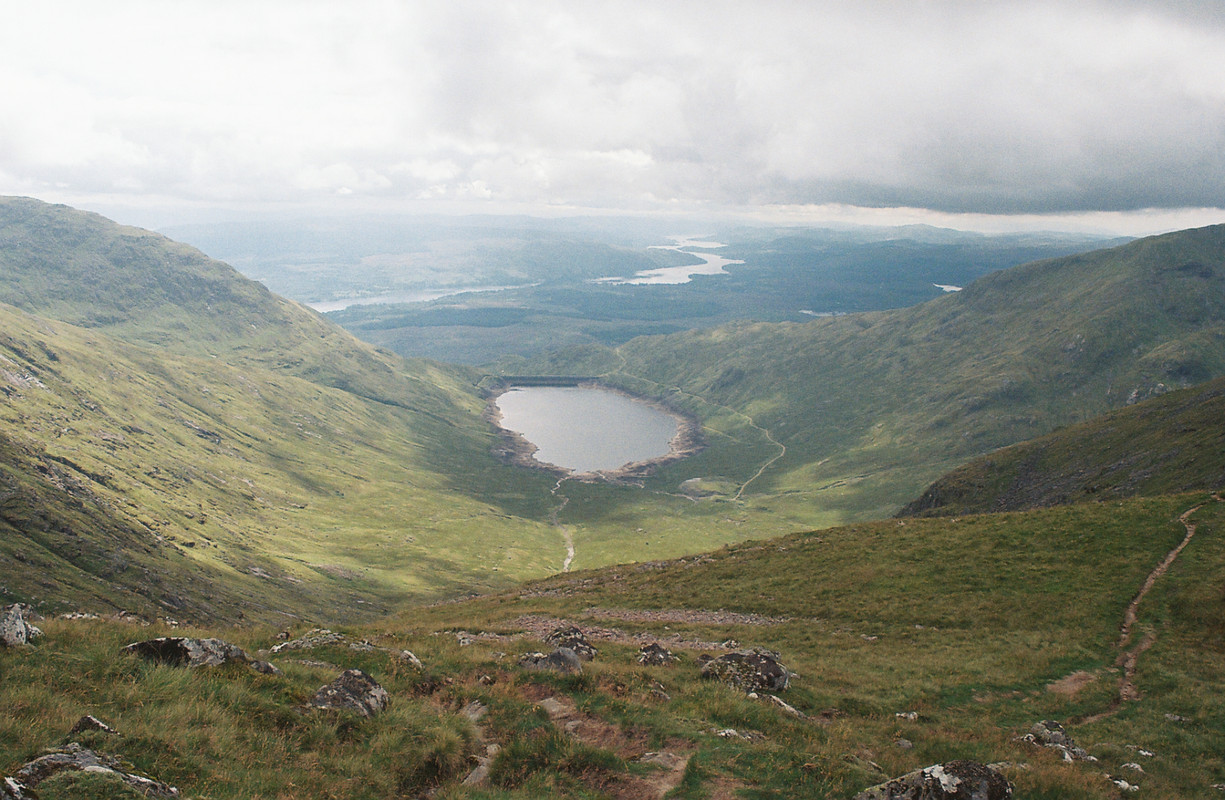
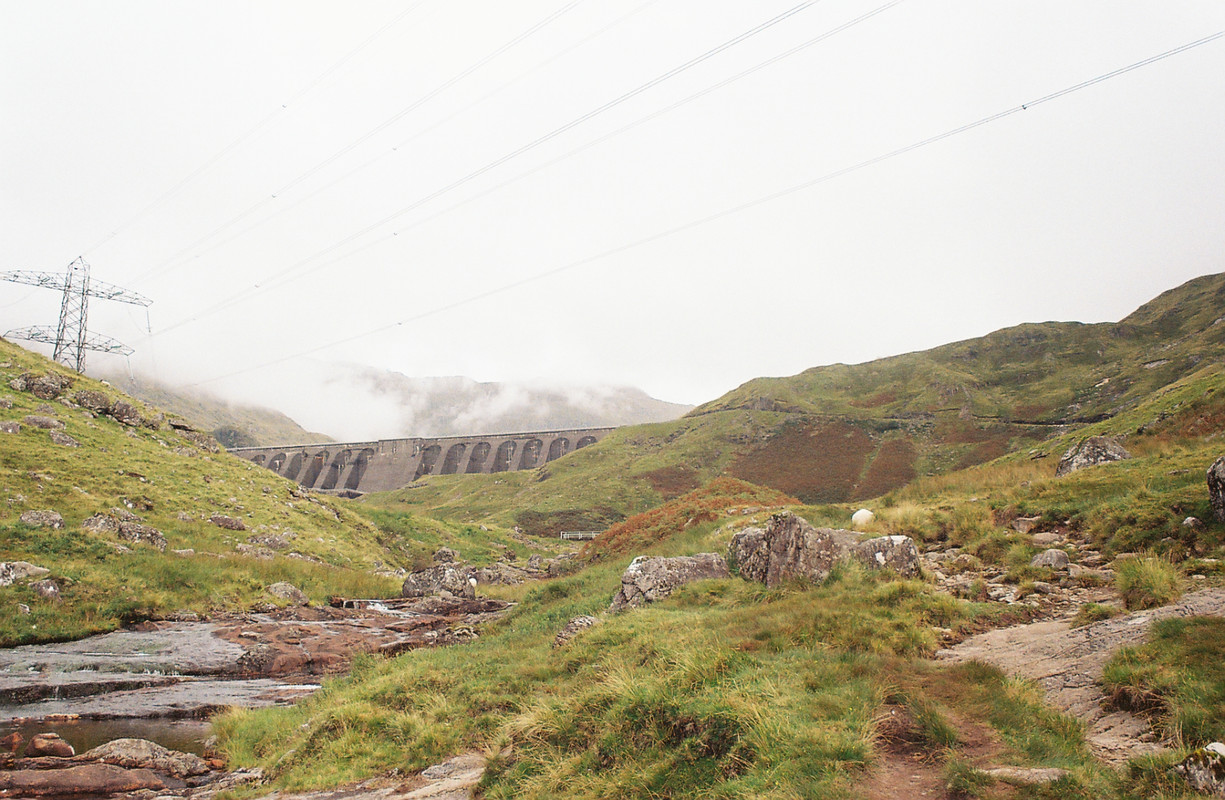
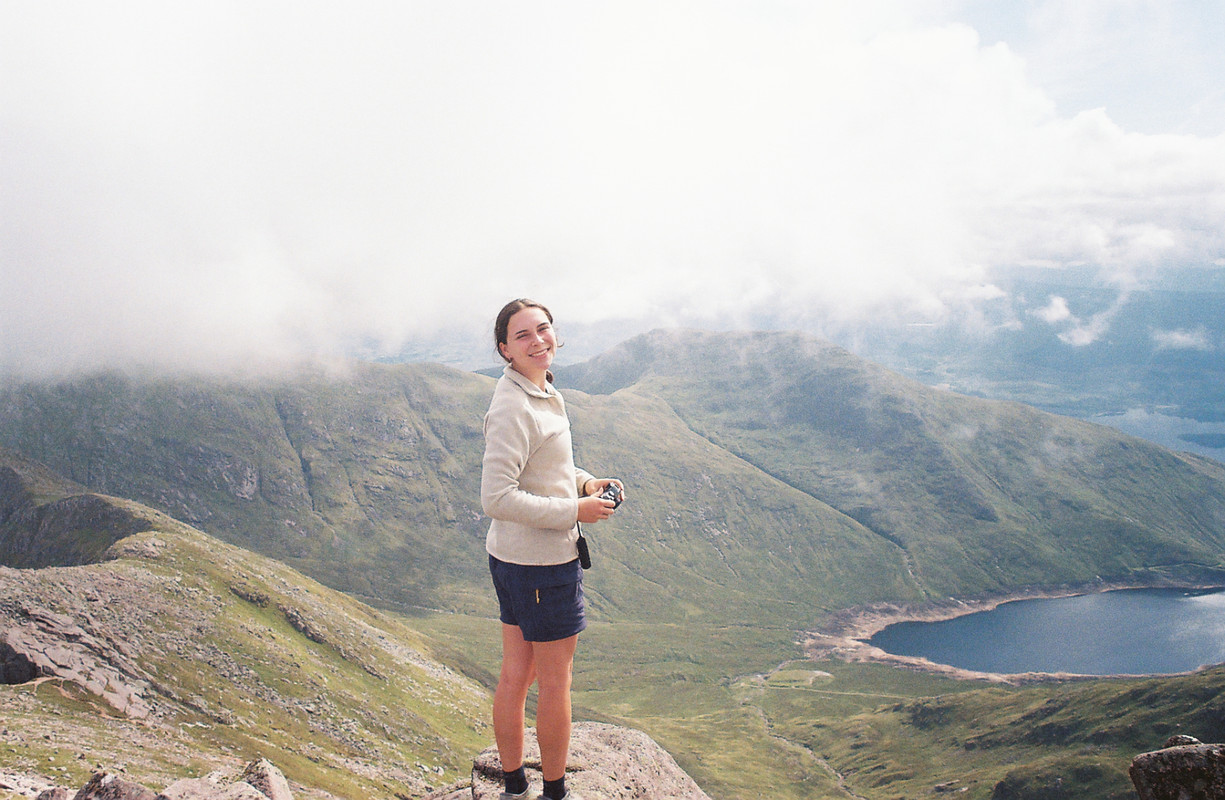
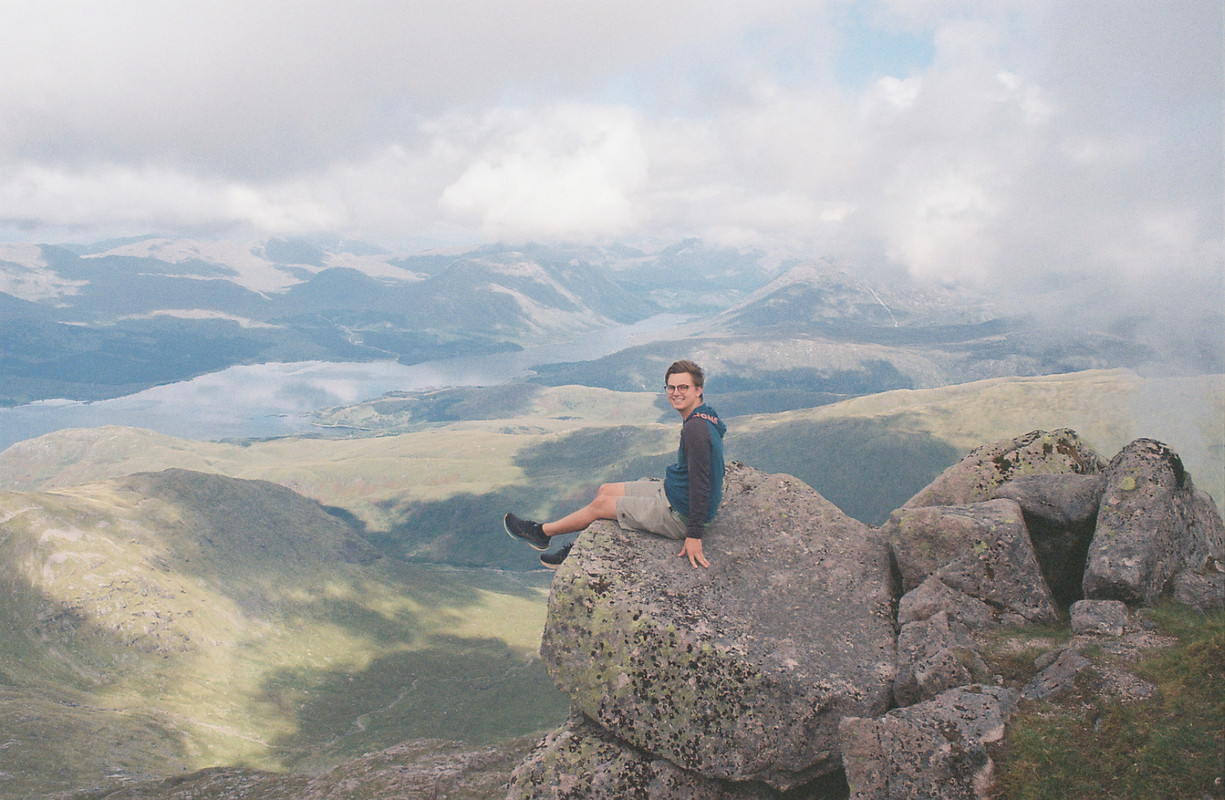
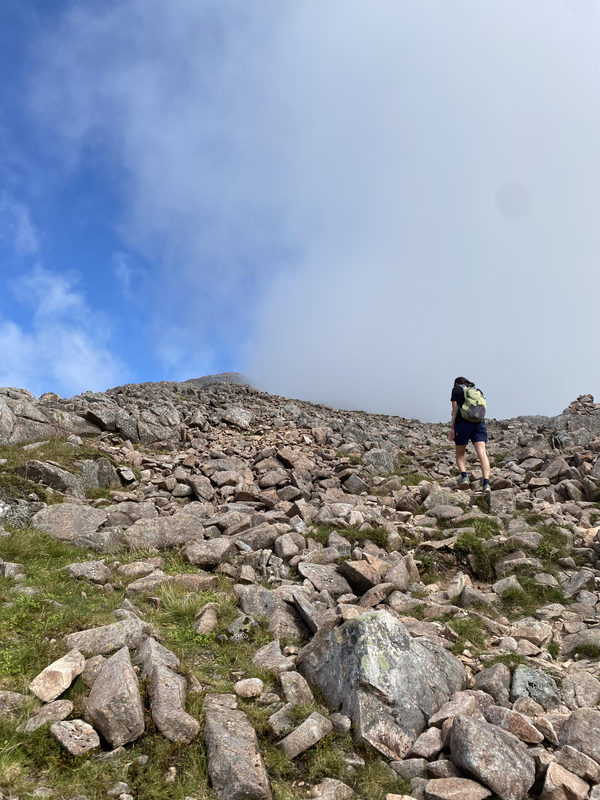
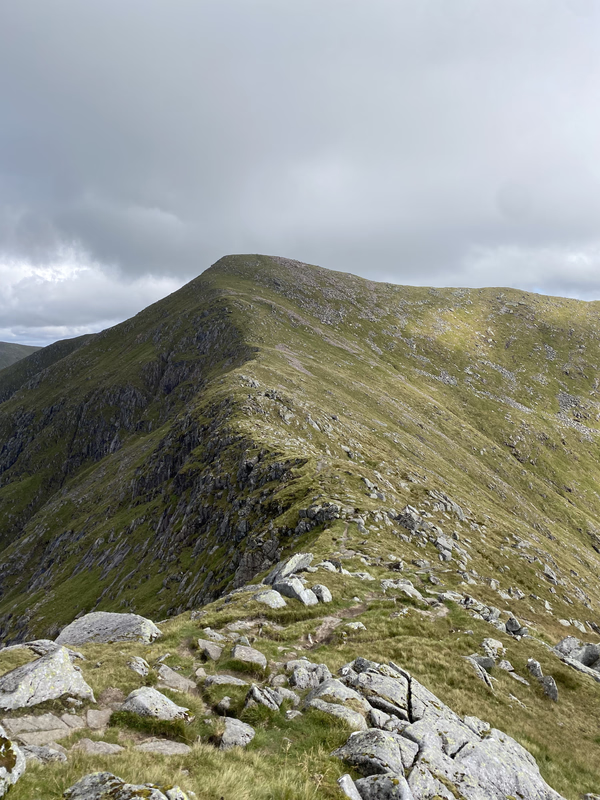
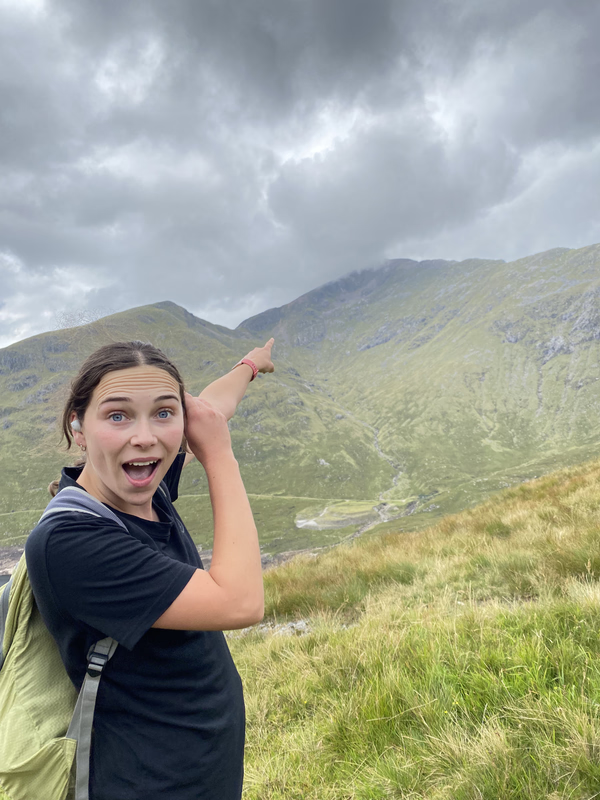
Other little mini quests we completed on the island, included lots of fishing, exploring the island and looking for fuzzy animals. All of these things on their own may not contribute much to personal growth, but the accumulation of experience over time really starts to add up. Even over the course of our two months on the island, we felt like we learned a lot and gained heaps of new skills to bring back to everyday life.
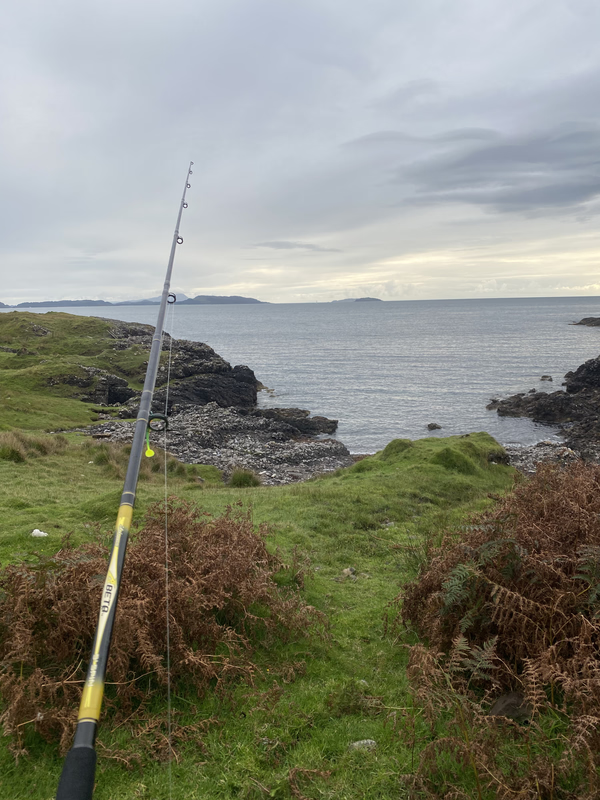
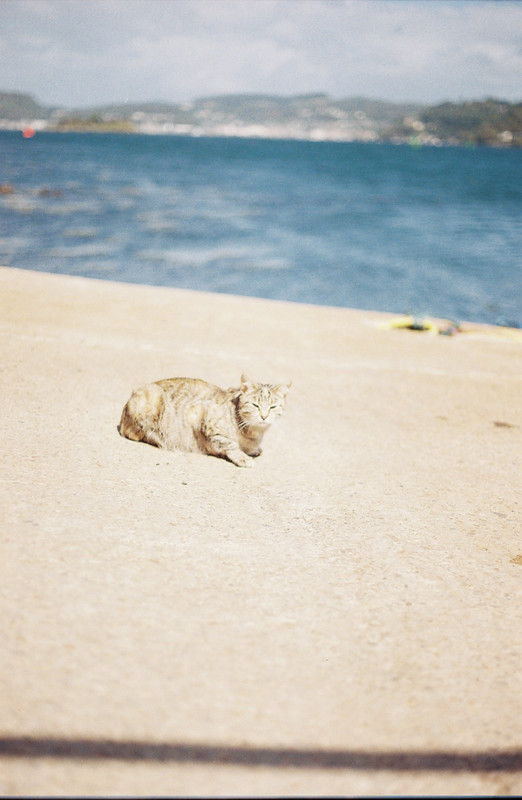
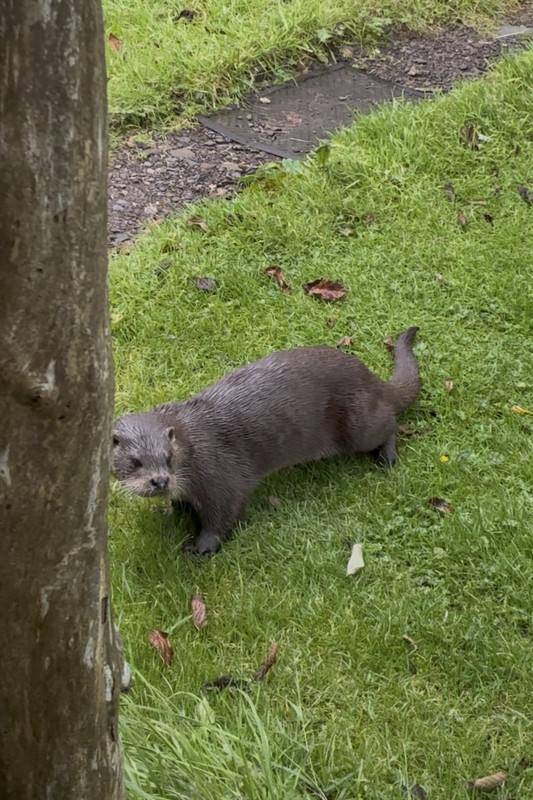
Also the whole point of being on this island was a bit of a sidequest in itself. We had no idea what we were in for when we arrived, but we thought ‘that sounds like a bit of fun,’ and booked it. Sure it was difficult at times, very out of they way and not what most people would consider an ideal use of a European summer. But we made some incredible friends from both close to home and as far away as you can get. We learned a whole array of new skills, particularly in the kitchen, and overall got to enjoy what would otherwise be a very expensive part of the country for an extended period of time.
Lesson 3 – Always Rest!
Resting is a critical mechanic when playing D&D. There are two types of rest, a long rest and a short rest. A short rest takes about 30 minutes in game time, and allows your character to gain a few hit points of health back, plus maybe a few minor abilities. A long rest on the other hand, takes 6-8 hours in game time, but heals your character back to full strength and recovers all of their spells, abilities and powers. You can’t just take them willy nilly though, you have to be in a place safe enough to allow a rest, and a myriad things can interrupt and ruin your rest. Therefore, generally, when an opportunity presents itself for a rest, it’s always a good idea to take it. Always need to have your characters in prime condition to face any surprises that lay ahead.
Our campaign included the gang doing the D&D classic of sleeping in a tavern, but also in a grassy field, in a cave, and a quick power nap on a train. Each time gave the team a good boost in power ready to go pummel the next enemy, or cast a spell to help solve the next puzzle.
Getting appropriate rest has been one of the most important things we have found on our travels. Although it is super fun and exciting, the constant new spaces, new languages and new faces does get extremely tiring, which tends to lead to some gnarly crash outs. We’ve found that resting, not only quality sleep but also just some relaxing time to ourselves, is crucial to keep the good times going. Especially before and after long days, or even gruelling travel days like a 10 hour bus or train, we’ve learned to sleep as hard as we can to stay on peak form.
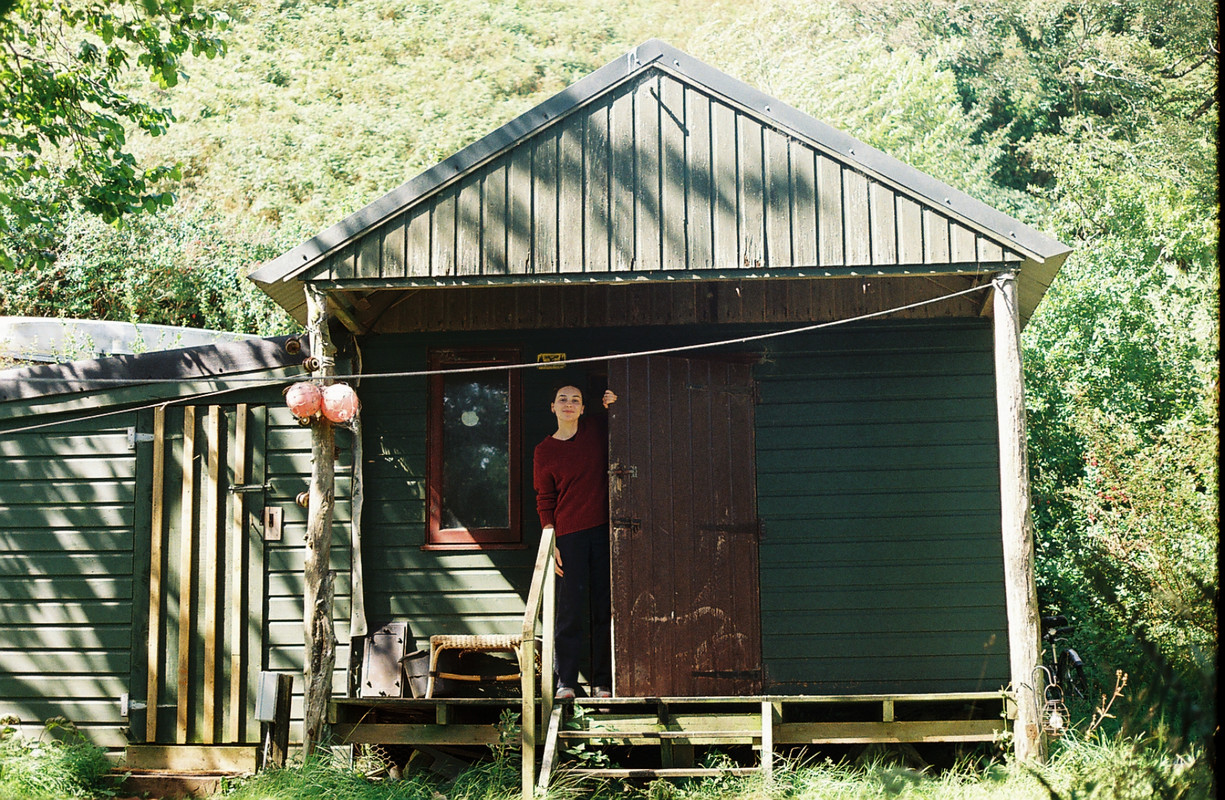
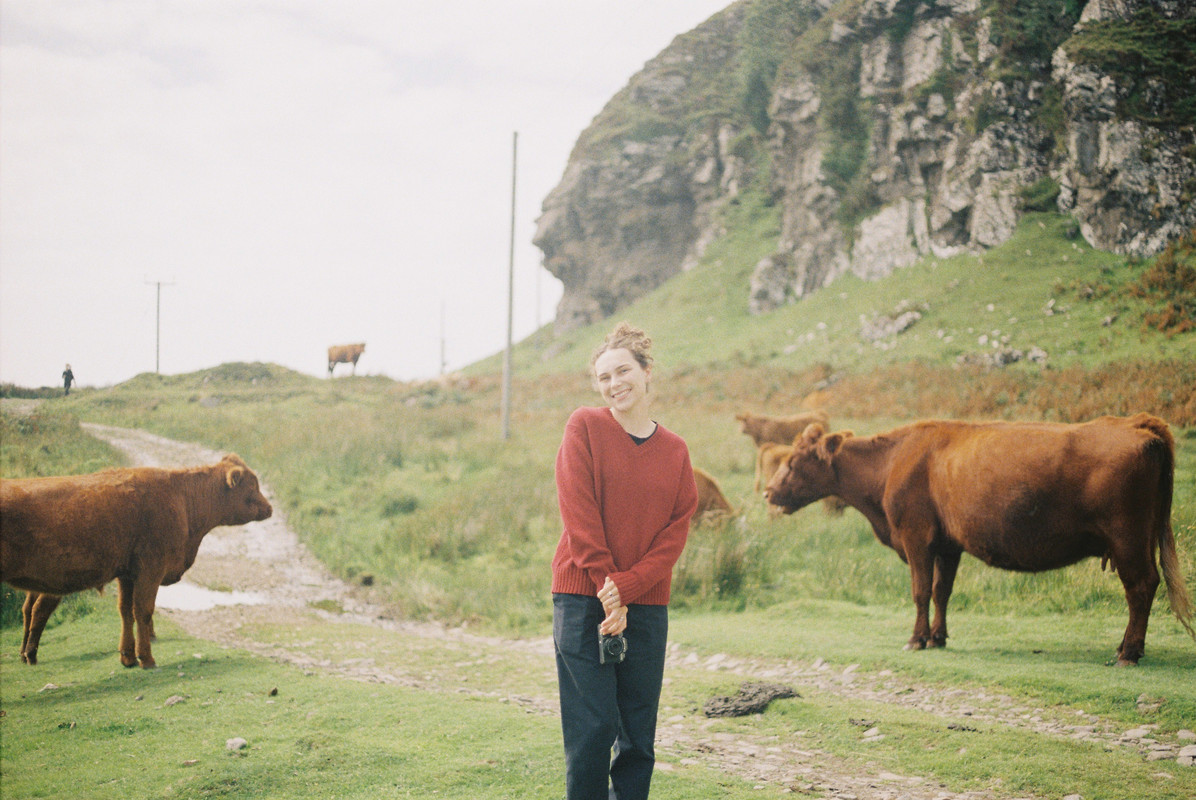
Sometimes rest for us has been visiting family or friends. Hostels have been wicked fun, but the lack of privacy, noise and the occasional weirdo make checking in to a room or couch at a friendly face’s house so nice. We’re super grateful to all the people along the road on this trip that have opened their doors to us, there’s a real possibility we would have gotten too worn out without breaks from hostels and had to head home early. Maybe this is the travelling equivalent to a short rest.
As for a long rest, our time in Scotland felt like it would compare. Two months was a long time, but having a stint that long with clothes in drawers, access to a kitchen with tools and perishable ingredients and a bit of a routine in general really rejuvenated the travelling spirit. The first month was great to just relax and take the weight off, and the weeks leading up to our departure just got us hyped for everything else to come. Now that we’re on the road again, it feels like we’re just as bright eyed and bushy tailed as we were at the start, but with all the experience of the months before.
Our advice to anyone else travelling long term like this is to not neglect the rests. If you aren’t as lucky as us to have connections scattered all across Europe, I’d still highly recommend staying somewhere private for at least a week. Doesn’t mean you have to stop travelling, do it in a cool city and keep exploring, but slow down for a bit, maybe take a day or so to sort any admin tasks that tend to build up and amp up for the next leg. You’ll want to have all your hit points and spells available to face that next challenge!

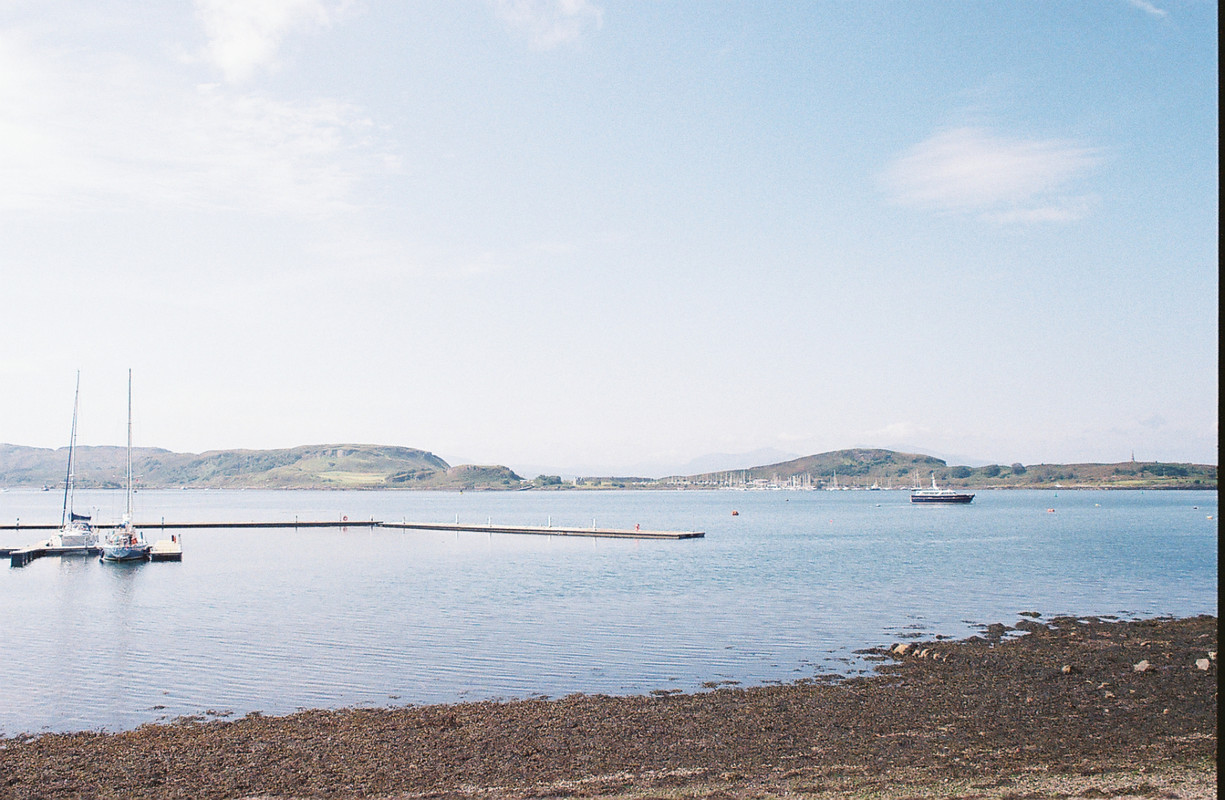
Lesson 4 – Spend Your Resources Carefully
At its core, D&D is a game about acquiring and carefully managing resources. Just about everything can be seen as a resource. The obvious ones are the in game currency of gold, silver and copper pieces, which are used to buy goods and services as in real life. Want a cool magic sword? Easy. Or commission some local sorcerer to enchant you a cloak. Who knows, after plenty of adventuring maybe you can afford a whole castle. There are also non-monetary resources, like spell slots, or even hit points, which represent your character’s remaining energy to cast spells and life force, respectively. These regenerate for free each adventuring day, but you can’t just spend them willy nilly, or you’ll get caught off guard and then it’s lights out, game over, insert more tokens. I could go turbo geek mode on this topic even more but I’ll spare you the second hand embarrassment.
Examples from our game include Damon getting into a big fight, letting off some powerful spells like Fireball and or Fly, but then being slightly hamstrung for the rest of the fight at a much lower power level. Sure between just hitting things the old fashioned way, and interacting with other features in the battle field, there’s still plenty to do, but he was no longer quite as helpful. The team often used Agi as a bit of a meat shield, as she had by far the most hit points, and by purposefully soaking up some hits let her spend those so the rest of the team could stay in the fight longer. And as a high speed nana, Gladys was often able to use her nimbleness and agility to move further and multitask through multiple pressing issues at once.
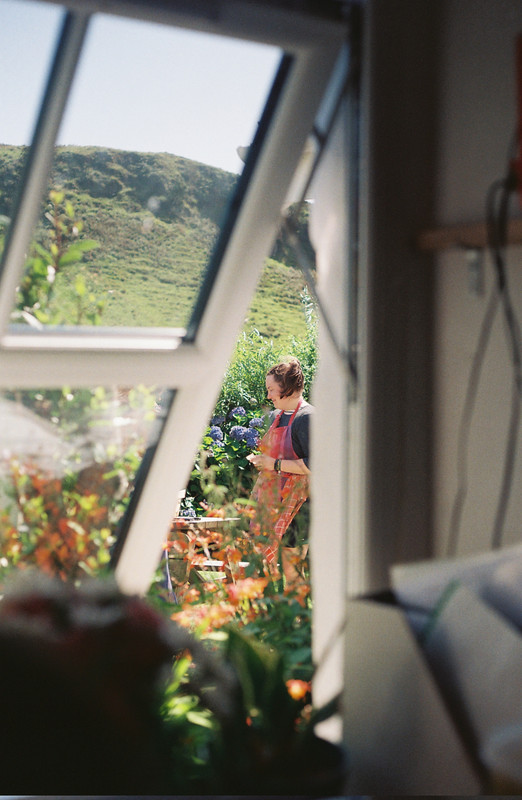
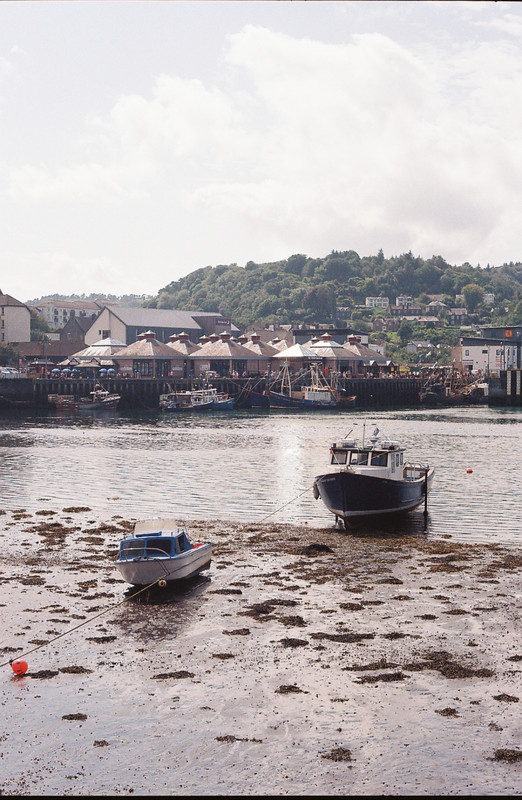
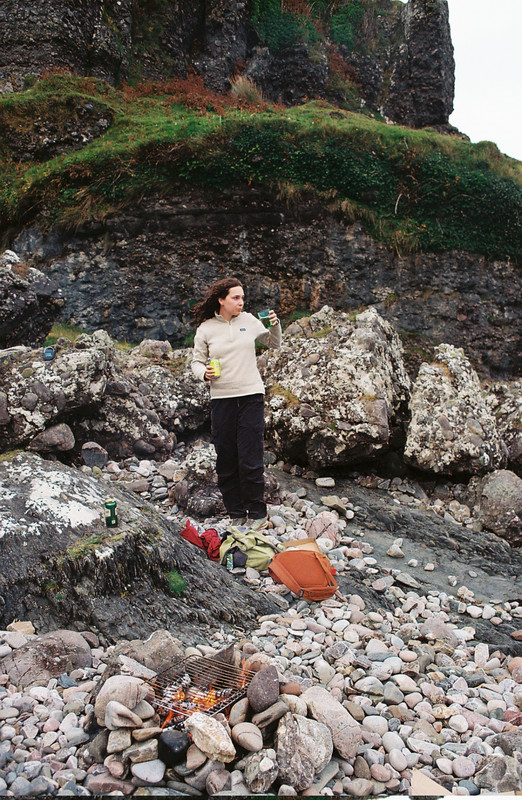
I think the real life analogs when it comes down to resources while travelling boil down to money, time, and energy. Our time in Scotland was definitely an exercise in managing the classic tug of war between the three.
Crucially, Scotland was the only place on our trip where we managed increase our money by the end of our stay. Okay we ‘only’ got £500 a month, but factoring free food and accommodation into that netted us a huge surplus over the two months. Including tips too! This felt awesome, as the UK in general, but especially Oban and the Hebrides felt to us like a place that would be out of reach for the budget traveller. Accommodation in the area didn’t seem to get cheaper than about £30 a night, food was pretty pricey, and most of all the transport. Something about the UK’s trains and busses is seriously out of whack, because the prices are through the roof. We paid over 70 NZD for a 3 hour bus from Oban to Glasgow when we left the island. The train was the same price, but the times didn’t line up with our flight schedule. Even the ferry to get on and off our little island of Kerrera cost £2.10 each way, meaning nearly 10 NZD for a return trip to town for the day. So we were very grateful to be earning, as I don’t think we could have explored the very beautiful corner of Scotland as well as we did on our shoestring budget.
You may think that working would have taken the energy out of us, but I found the opposite to be honest. Sure there were tiring days, but overall, I think we needed a holiday from our holiday. It helped that the hours were relaxed and the work itself relatively chill. Working from 9-3 or 10-4 serving coffees and baking cakes definitely wasn’t the most tiring thing in the world, and the short shifts combined with the Scotland summertime daylight hours gave us plenty of useful free time. After two months of this, following an easy routine and relaxing really buffered the energy reserves.
The only thing we ‘lost’ in Scotland was time. When you only have a limited time to travel, especially with hard deadlines like visa expiry, spending two months in one spot is tough. When most of the days in that two months are spent working, even tougher. But I think Milly and I framed this period right from the start as an adventure in itself worth exploring, and it provided us the opportunity to continue our travels further. Plus, as young people who plan on continuing travelling as often as we can in the future, time is the one resource we have in spades right now, and it felt right to spend on this opportunity.
There we have it. Four lessons from a silly little game a group of us played in a rickety cabin in Scotland. I hope you enjoyed this brief (ish) educational experience on D&D and our Hebrides experience, stay tuned for our next adventure at Oktoberfest!
